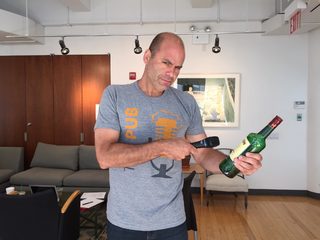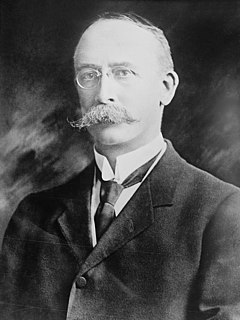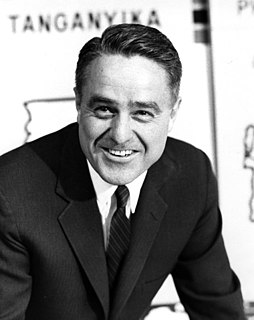A Quote by Mark Buchanan
Busyness makes us stop caring about the things we care about.
Related Quotes
I wanted to talk about certain things in a way that I hadn't seen them talked about. There is vast literature about caring for people romantically, about caring for children, but there's not a lot about caring for older people, eldercare. I was searching for a book that would speak to me, that wouldn't be sociological, that would offer some insight, some solace.
When I'm at a show, I'm there to have fun. Let's just not care for a moment. So this cake in your face is to make you lose your mind. And it's not about caring about whatever you are wearing and caring what other people are thinking about you. Out of the context, I'm trying to develop something else.
When you're caring with your head, there are the things that we talked about that seems boring in baseball. But when you care about your heart, exactly the boring things - a pitcher looking over to first, a batter stepping out and adjusting his gloves - those are just tiresome to the person who's interested. But to the person who's invested, it just makes everything all the more dramatic.
People who take the risk make a tremendous discovery: The more things you care about, and the more intensely you care, the more alive you are. This capacity for caring can illuminate any relationship: marriage, family, friendships-even the ties of affection that often join humans and animals. Each of us is born with some of it, but whether we let it expand or diminish is largely up to us. To care, you have to surrender the armor of indifference. You have to be willing to act, to make the first move.
The cure is care. Caring for others is the practice of peace. Caring becomes as important as curing. Caring produces the cure, not the reverse. Caring about nuclear war and its victims is the beginning of a cure for our obsession with war. Peace does not comes through strength. Quite the opposite: Strength comes through peace. The practices of peace strengthen us for every vicissitude. . . . The task is immense!




































